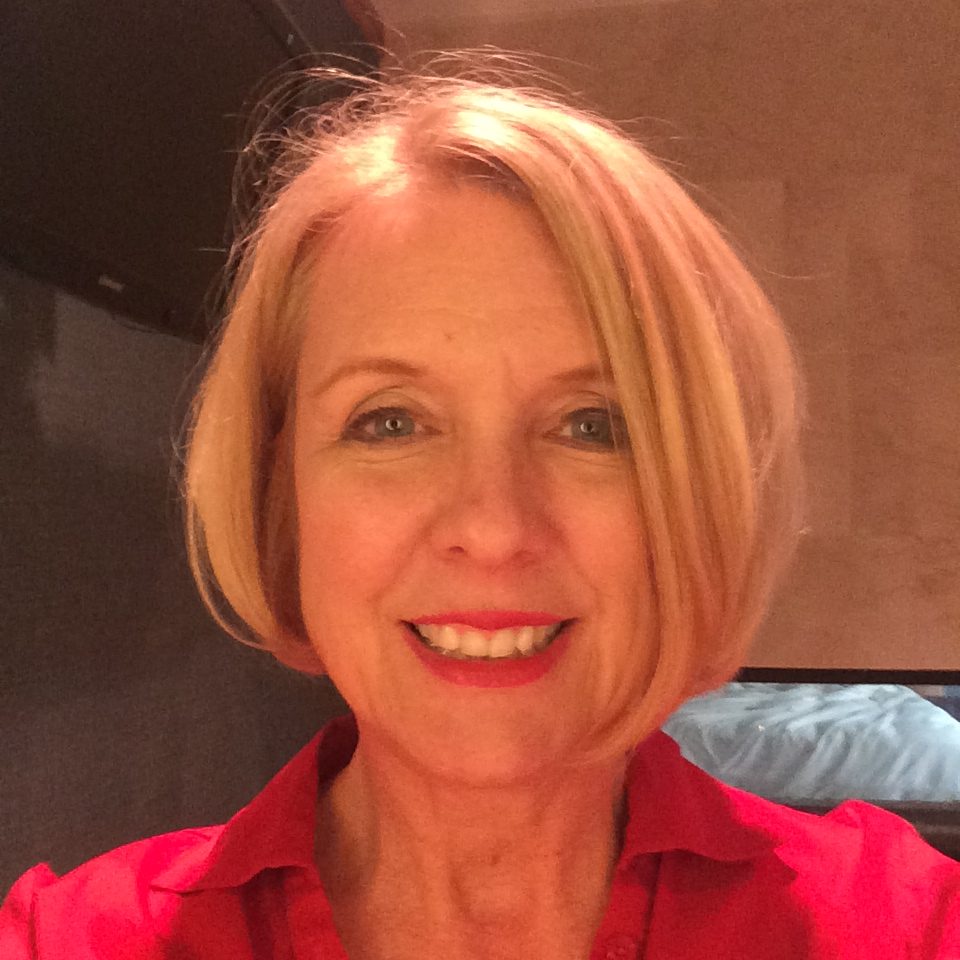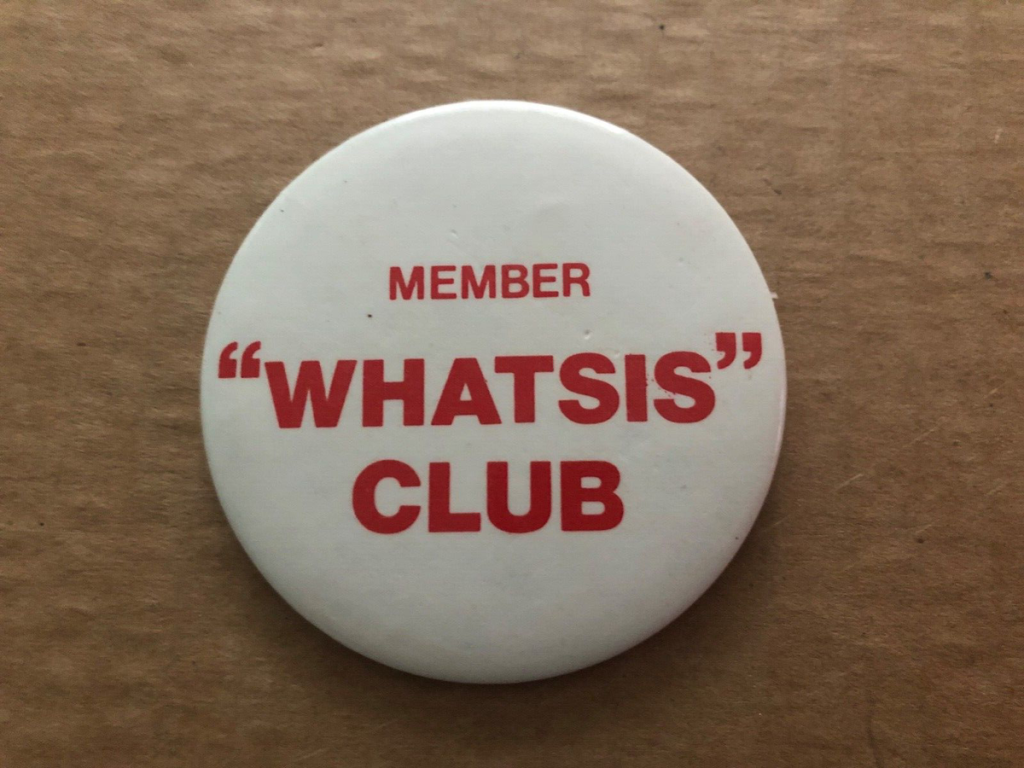Until a few years ago, doctors told Deanna Mann, 85, she was “healthy as a horse.” She lived independently in an apartment and enjoyed playing bridge with friends twice a week. Then one leg suddenly swelled up. The other followed soon after. Mann was diagnosed with lymphedema, a treatable but incurable condition that made it difficult to walk.
She started to fall. After hitting her head in a fall, she moved to an assisted living community and used a walker to get around. But Mann still hoped she could get back on her feet and eventually go home. Then her daughter pointed out that wasn’t likely.
“That did me in,” she said. Mann struggled with depression. On bad days, she cried. She felt totally alone. She grieved over the loss of her old life. “You’ve got to give up the life you have before,” she said. It wasn’t easy.
Many older adults will eventually deal with a temporary or permanent, age-related disability, whether it’s vision loss, hearing loss or reduced mobility, or issues such as fatigue or constant pain due to chronic illness.
“It can be traumatic,” said Kimberly Knight, director of the caregiver support program at the Senior Source, a nonprofit social services agency in Dallas. “It can mean giving up a level of independence that the person has been accustomed to for some time.”
A New View
By some estimates, as many as 60 million Americans of all ages are living with a disability. About 36 percent of people aged 65 and older report having at least one disability, according to the US Census. Rates of disability increase greatly in very old age; the majority of those 85 or older are unable to perform all activities of daily living without help.
Many resources offer practical tips for older adults trying to adapt their home environments and daily routines to compensate for disabilities. But newly disabled older adults must also learn how to cope emotionally and psychologically, according to Asma Jafri, MD, chair of the department of family medicine at the University of California, Riverside (UCR) and part of UCR’s Aging Initiative, a group of researchers focused on aging-related issues.
“If you adjust emotionally, you are more likely to thrive and to succeed in maintaining function,” Jafri said. “If a person doesn’t adjust well, that may trigger a negative cycle.” Feelings of depression or discouragement can lead to withdrawal from social connections and a less active lifestyle, which in turn leads to even more loss of function.
To cope, older adults facing disability must adopt a new view of themselves and the world.
“Living in a world not built for us can be an occasion for resourcefulness and a source of frustration,” wrote Rosemarie Garland-Thomson, PhD, a professor of English and bioethics at Emory University. “Living with a disability can be hard work … the burden of stigma can be heavy; managing psycho-emotional changes can be wearing; traversing the breach between us and the nondisabled can attenuate our energy and resources.”
Building Resilience
One key factor in coping is resilience—the ability to persist, bounce back and flourish when faced with stressors, according to Arielle Silverman, PhD, research director at the American Foundation for the Blind. In her previous position at the University of Washington Medical Center, Silverman was lead researcher for a study of resilience in people with multiple sclerosis. When participants were asked about what resilience was, and what made them resilient, their answers seemed paradoxical.
“People would talk about having a fighting spirit, not giving up and continuing to fight,” she said. “At the same time, those same people talked about acceptance and how important that was. It does seem like you need both—the drive to keep participating in life, but at the same time, accepting the fact that you do have a disability and some things are going to change.”
That study identified facilitators of resilience, such as coping skills (like humor, flexibility and optimism), social connections, a sense of meaning and purpose, proactive planning for practical needs, and overall physical wellness.
The study also named barriers to resilience: burnout, negative thoughts and feelings, social challenges (friends’ lack of understanding, for example), stigma and physical fatigue. Study participants talked about thriving, not just surviving. “It’s not dwelling on what you can’t do, it’s relishing what you can do,” as one 56-year-old male participant shared.
Becoming disabled “doesn’t necessarily mean that the quality of your life will diminish, but it does mean that you have to take active steps to accommodate the disability,” said Silverman.
Staying Engaged
Eve Bostic admired the resilience of her mother, Mary, 91, as health problems gradually took away her ability to walk. Even as her disabilities progressed, Bostic said, her mother outperformed doctors’ predictions time and again.
“My mother is a very determined woman,” Bostic said. “She compensated by doing other things that her body still could do.”
When she could no longer bend over or kneel, Mary found a way to keep gardening. She read gardening magazines, ordered plants and seeds and directed family and friends who stepped in to help, pointing out what to plant where.
Bostic credits her mother’s resilience to her life experiences. Mary contracted polio in her teens; doctors predicted she would never walk again. She worked hard at rehabilitation and proved them wrong. By the 1980s, Mary began experiencing post-polio-syndrome symptoms that led her to use a cane, then a four-prong cane, then a walker, then a rollator and finally a wheelchair and scooter. Mary fought each step of the way, maintaining what function she could, until a stroke in 2022 left her bedridden.
Taking a cue from her mother, Bostic, 63, pushes herself to stay active. After falling and breaking her leg a year ago, Bostic is back to carrying water down long flights of stairs to the chickens and goats she keeps in her yard on a mountainside in West Virginia. Bostic could give up the livestock—she doesn’t rely on them for income—but she’s determined to stay at it as long as she can. She’s more careful too.
“I don’t trip lightly down those steps anymore,” she said. “But I think it’s important to keep doing this. Use it or lose it.”
Leon Miller, 89, likes to joke that he went “from the outhouse to the penthouse” over the course of his life—growing up in a poor family, getting an education and establishing a successful career as an architect. That determination, honed over a lifetime, keeps him going even after two dozen surgeries on his knees and legs, including two knee replacements. He can’t climb stairs or walk around the block; he uses a walker to get around at home.
“My heart, lungs and kidneys are all fine, but my bones and joints are shot,” he said.
Finding ways to help others can contribute to a feeling of empowerment for someone with disabilities
He misses golfing, but he’s outlived most of his golf buddies anyway. He’s retired but continues to manage his real estate investment in a shopping center. He taught himself to trade stocks online.
“I’ve learned to focus on the future, as opposed to what I’ve lost and what’s in the past,” he said.
Miller does grouse a bit about his adult children, who urge him to move into an assisted living community due to safety concerns. That’s a common situation, but a 2019 article in the Innovations in Aging journal, “Meeting Challenges of Late Life Disability Proactively,” encourages care providers and family members to give “greater attention to the adaptive potential of older adults.”
“Disability and aging … have both been stigmatized, yet also have the potential to reveal human strengths and resiliency,” the authors wrote. Proactive adaptations—such as finding ways to help others or looking for solace and meaning in spirituality—can contribute to an older adult’s sense of empowerment and psychological well-being.
Those two strategies have helped Nancy Becher, 65, live with a long list of disabilities, some due to a car accident nine years ago and some related to chronic diseases including Crohn’s, glaucoma and diabetes.
After struggling with depression for more than a year—“I just wanted to die,” she said—she found hope in a support group and in her faith. She learned to focus on what she can still do. She can’t hike any more, but she can sit outside her camper along the Tennessee River and enjoy nature. She also found purpose through a nonprofit she founded called Invisible Warriors, which supports people with “invisible” disabilities, such as chronic pain or fatigue due to autoimmune disorders, which can severely restrict the lives of people who may otherwise look perfectly healthy.
“I realized that my disabilities were life-changing but not life-ending,” Becher said.
Becher’s experience reflects psychology’s concept of “secondary gains,” according to Pamela Garber, a therapist in private practice in New York.
“Something that’s negative, that’s a struggle, can have a benefit also,” she said. Finding and appreciating those secondary gains can help older adults adjust to a new normal.
The Importance of Being Independent
Research suggests that an older adult’s emotional adjustment to disability also relates closely to the person’s perceptions of dependence and independence. For many people, losing independence represents their biggest fears. They might accept limits on their activities but fight any change that makes them feel dependent.
If older adults can maintain control over how much assistance they need, they’re likely to feel less helpless and more able to cope, according to a 2000 study. Caretakers and family members can support an older adult by understanding and respecting the person’s need for independence, however they may define that, even if it involves a measure of risk.
That’s how Deanna Mann is beginning to adjust—by finding ways to maintain her sense of independence and feel more at home in her assisted living community. She decorated her apartment to her liking, without help.
She negotiated a compromise when staff members wanted to assist her with showering: the aide waits outside her bathroom door, at the ready if needed, while she showers in private. She helps other residents with more severe disabilities when she can. She’s working with a home care assistant who provides a treatment that’s reducing the swelling in her legs, preventing further loss of function. She sounds upbeat as she talks about making new friends.
“I think each person in his own way has got to find their own way … where you’re not in depression, and where you’re looking at your situation as not necessarily all bad,” she said. “I have my down days and my good days. I’m still not fully adjusted, but I’m as adjusted as I think I’m going to get.”

Freelance writer Mary Jacobs lives in Plano, TX, and covers health and fitness, spirituality, and issues relating to older adults. She writes for the Dallas Morning News, the Senior Voice, Religion News Service and other publications; her work has been honored by the Religion Communicators Council, the Associated Church Press and the American Association of Orthopaedic Surgeons. Visit www.MaryJacobs.com for more.



